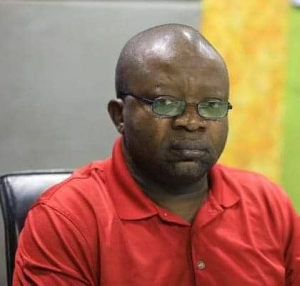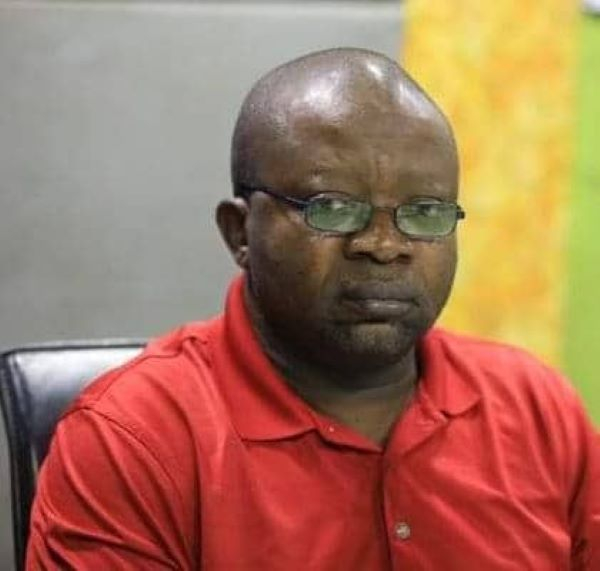 Political analyst Dr. Asah Asante
Political analyst Dr. Asah Asante
Political analyst Dr. Asah Asante has criticized former President Nana Akufo-Addo’s leadership, questioning the effectiveness of his Ghana Beyond Aid agenda and his handling of economic challenges.
He argued that many of the ex-president’s promises lacked proper implementation, contributing to public discontent and his government’s declining popularity.
In an interview with Naa Dedei Tettey on Starr FM, Dr. Asante delivered a critical assessment of the former president’s leadership, particularly regarding his vision for economic independence.
He referenced Akufo-Addo’s recent remarks about African countries collaborating instead of relying on aid, a position he championed while in office. However, Dr. Asante questioned the sincerity and effectiveness of this agenda, arguing that it lacked tangible action.
“It is a statement which is very interesting, but one would have thought that the President’s charity begins at home,” he said. “He started the process, but it didn’t end anywhere. The government itself did not put in the effort to sustain or implement it. It was just a mere statement with no conscious effort to make it a reality.”
While in office, President Akufo-Addo had defended his vision for economic self-sufficiency, stating, “We can, together, build a new Ghanaian civilization where there is fair opportunity for all in education, health, and decent jobs. We must free ourselves from the shackles of dependence on aid.”
However, Dr. Asante argued that this vision was not backed by policies strong enough to reduce Ghana’s dependence on external financial support.
Beyond the Ghana Beyond Aid agenda, Dr. Asante accused the former leader of making grand pronouncements without follow-through. He pointed to promises such as making Accra the cleanest city in Africa and the One Village, One Dam initiative, questioning whether these commitments were fulfilled.
“The former president had a habit of pronouncing beautiful ideas and policies, but he could not actualize them,” he remarked. “He said he would make Accra the cleanest city—was that achieved? He promised to fight corruption, but what happened? There is a disconnect between what was said and what was done.”
However, President Akufo-Addo had previously maintained that his government was committed to these promises. “We are implementing policies that will transform Ghana’s economy and infrastructure. We will see Accra become the cleanest city, and we will ensure food security with the One Village, One Dam initiative,” he had assured Ghanaians.
On the issue of declining popularity, Dr. Asante addressed the ex-president’s admission that protests and economic conditions contributed to his government’s loss of support. He argued that the signs of public discontent were evident long before the elections and should have been addressed proactively.
“From a political science perspective, the signs were clear—weak economy, strikes, and public demonstrations all signal trouble for any government,” he explained. “If a leader ignores these warning signs, they are on their way out. I am surprised the president is only acknowledging this now.”
During his tenure, Nana Akufo-Addo had defended his economic policies, stating, “The economy is on the right track. The challenges we face are temporary, and we are putting in place measures to stabilize the situation.”
Dr. Asante also questioned the political advice the former president received, suggesting that his own posture and messaging may have discouraged his supporters. He specifically referenced an instance where the ex-president reportedly told voters they could vote however they wanted.
“As a student of democracy, I support free choice, but tactically, was that a strong move? Leaders must inspire confidence, not indifference.”
Concluding his analysis, Dr. Asante warned against self-denial in political leadership. “When leaders fail, they must reflect on the real causes rather than attributing losses to external factors. If you do not listen to public concerns, you risk losing power.”
